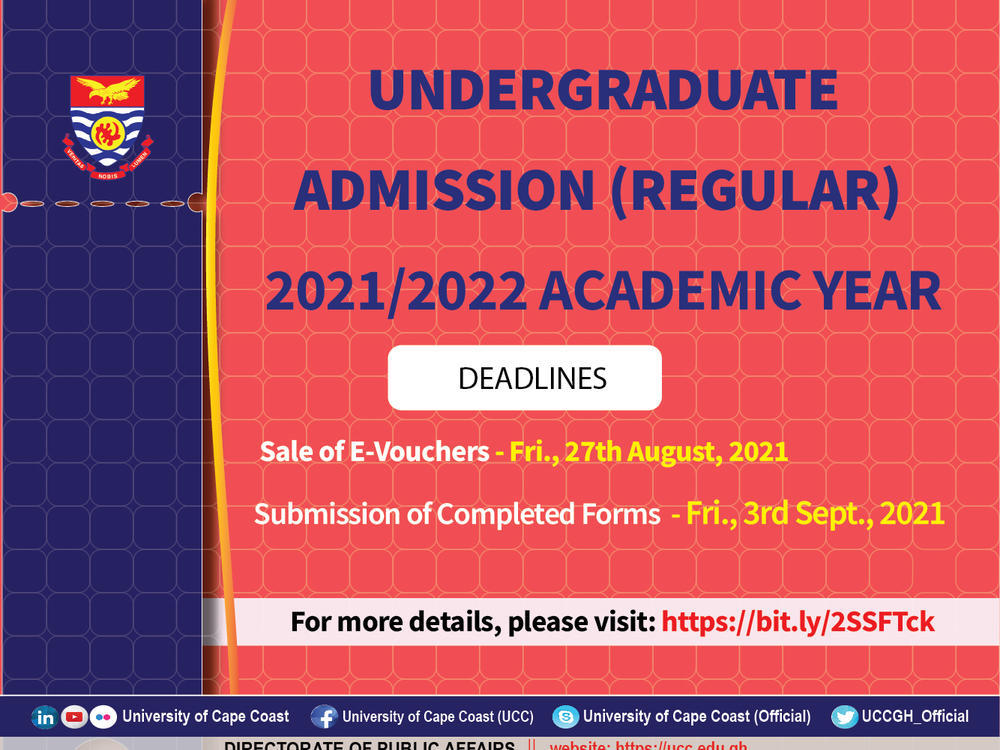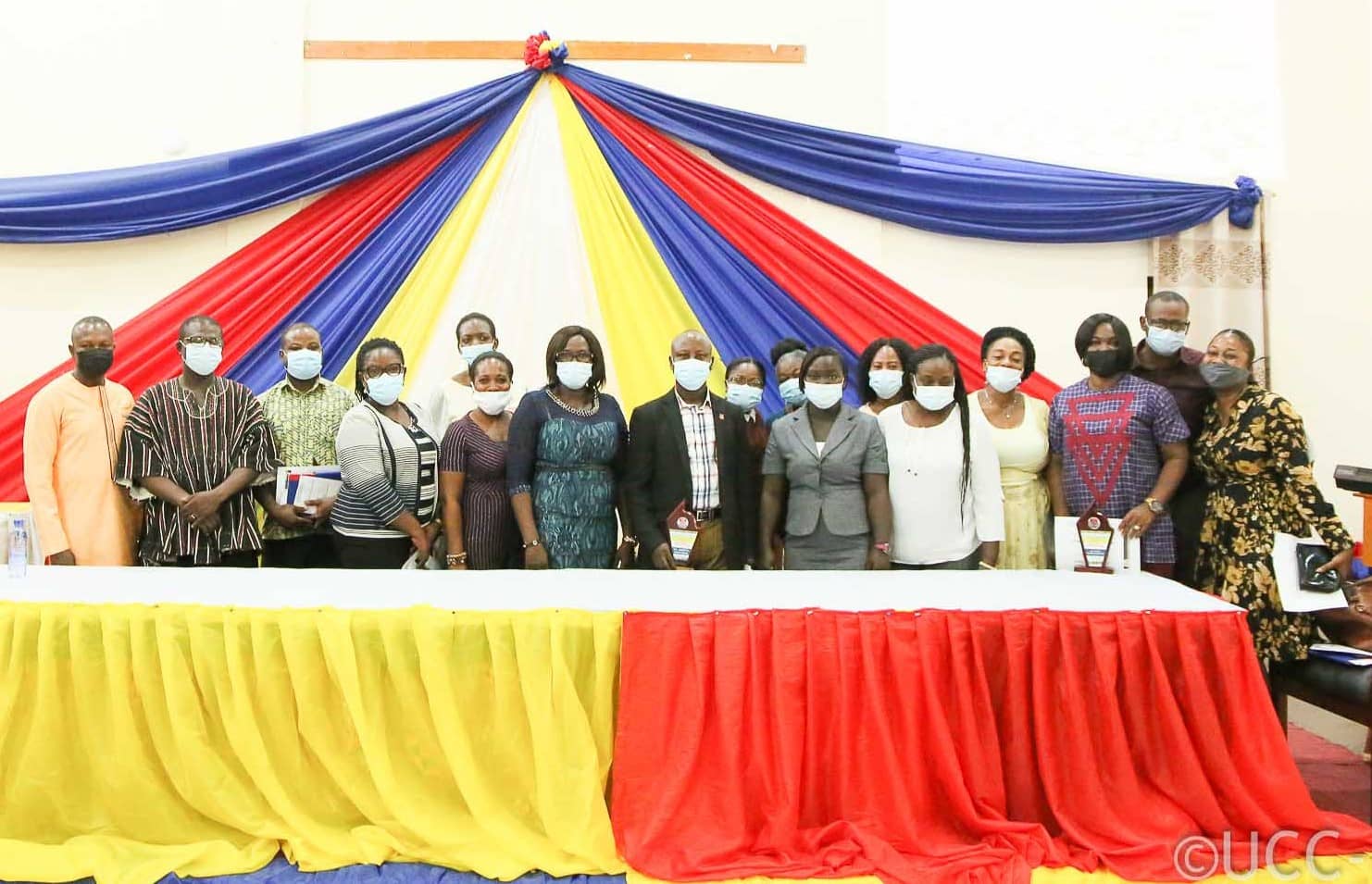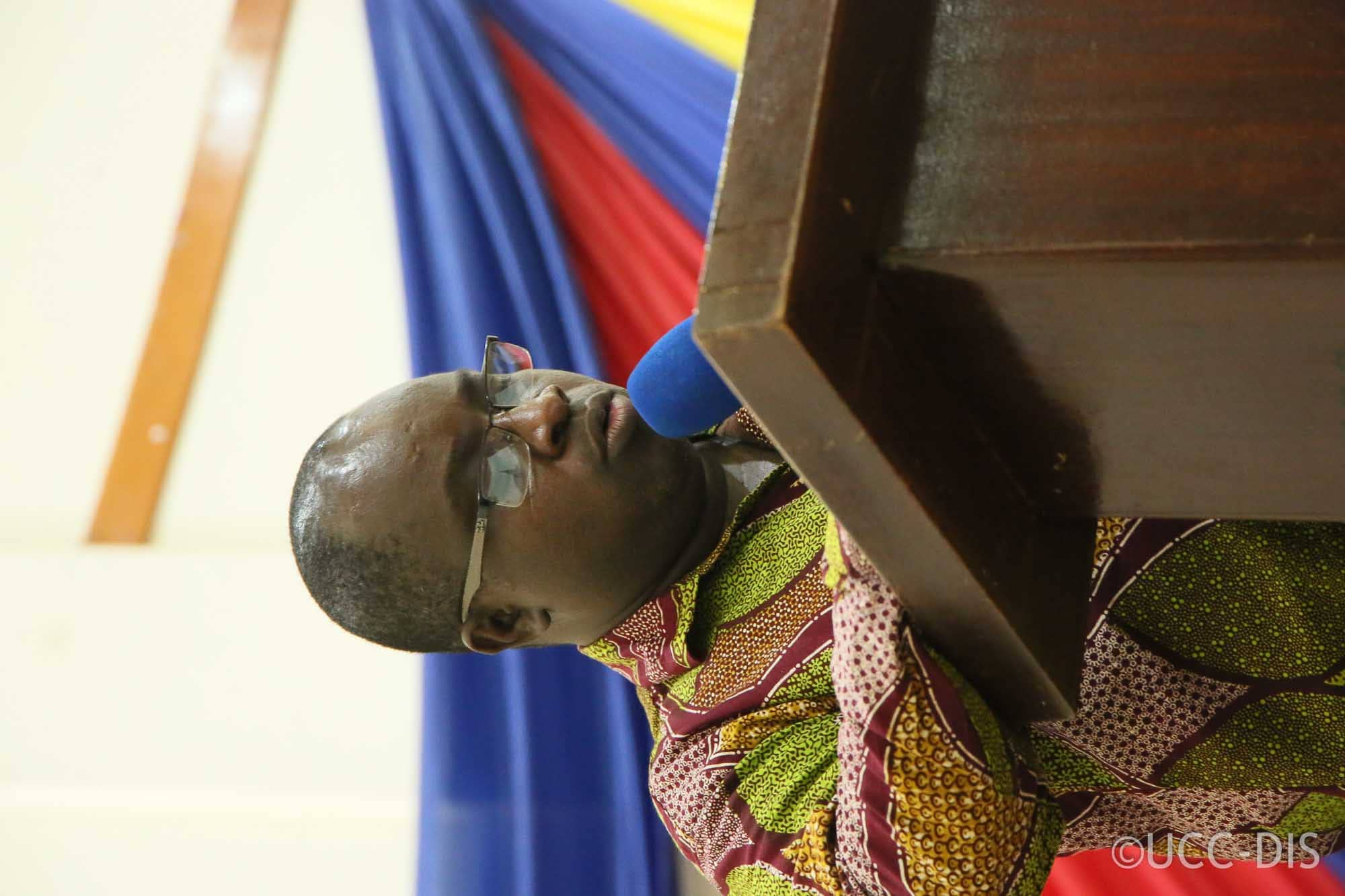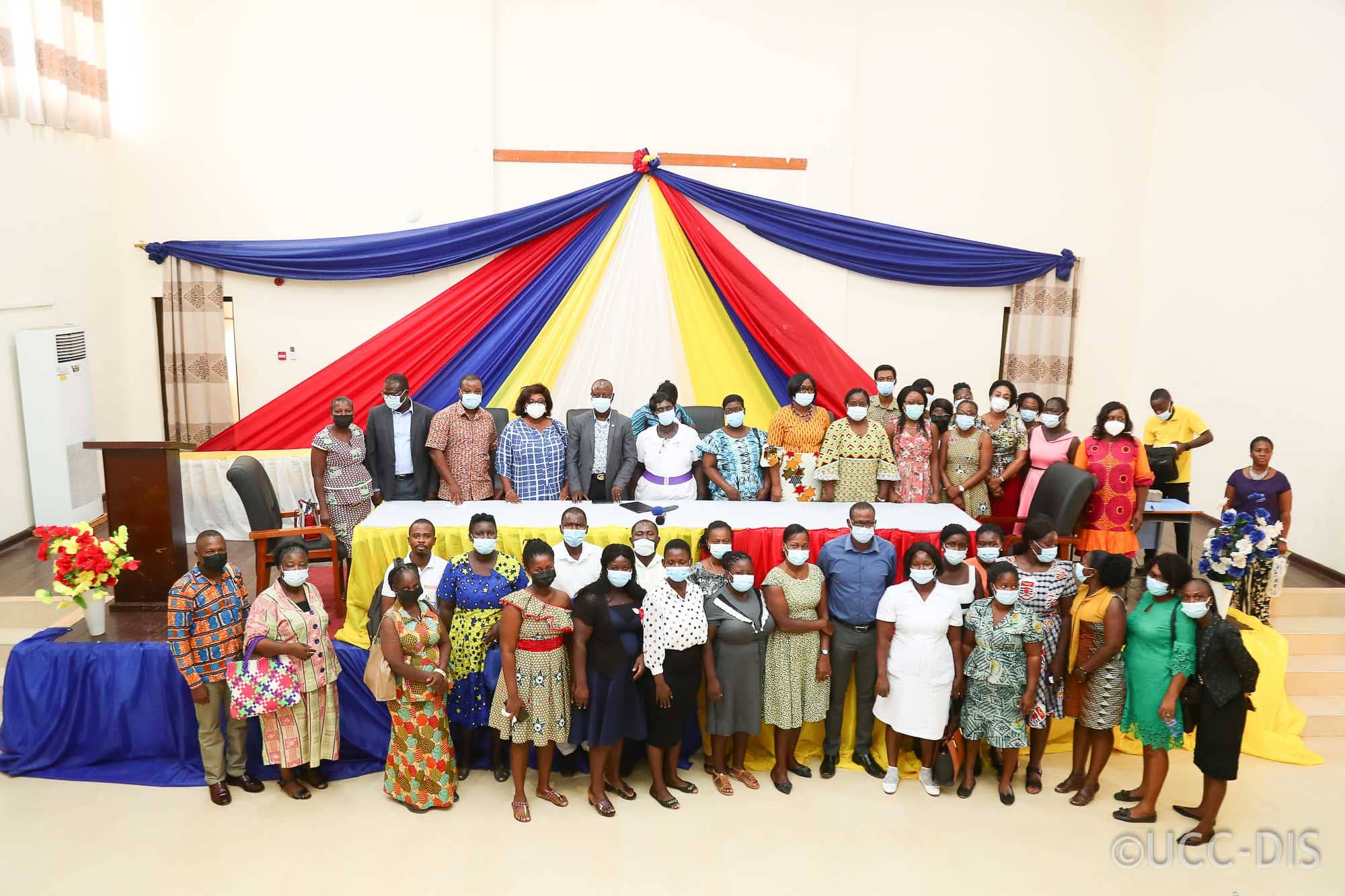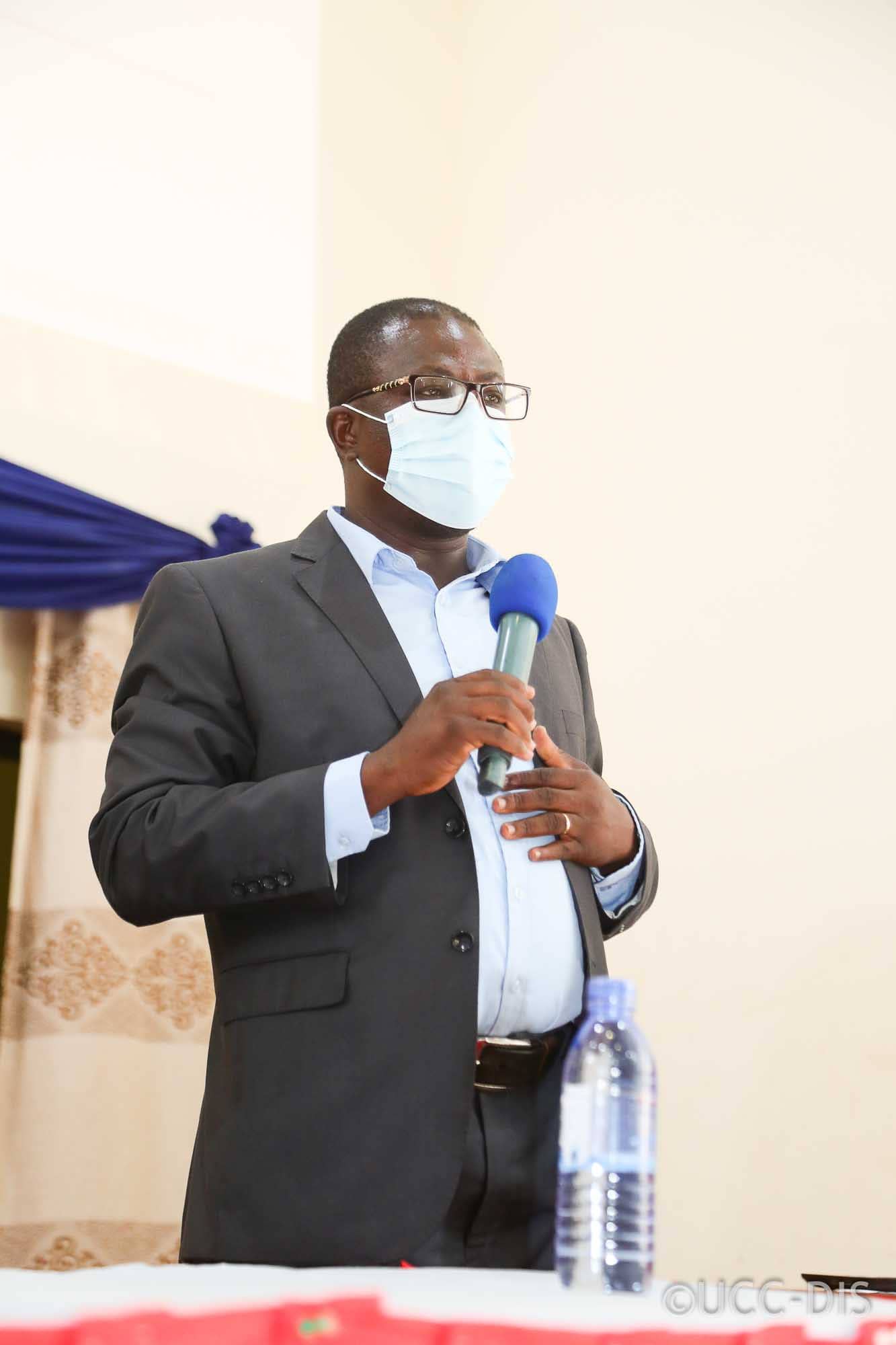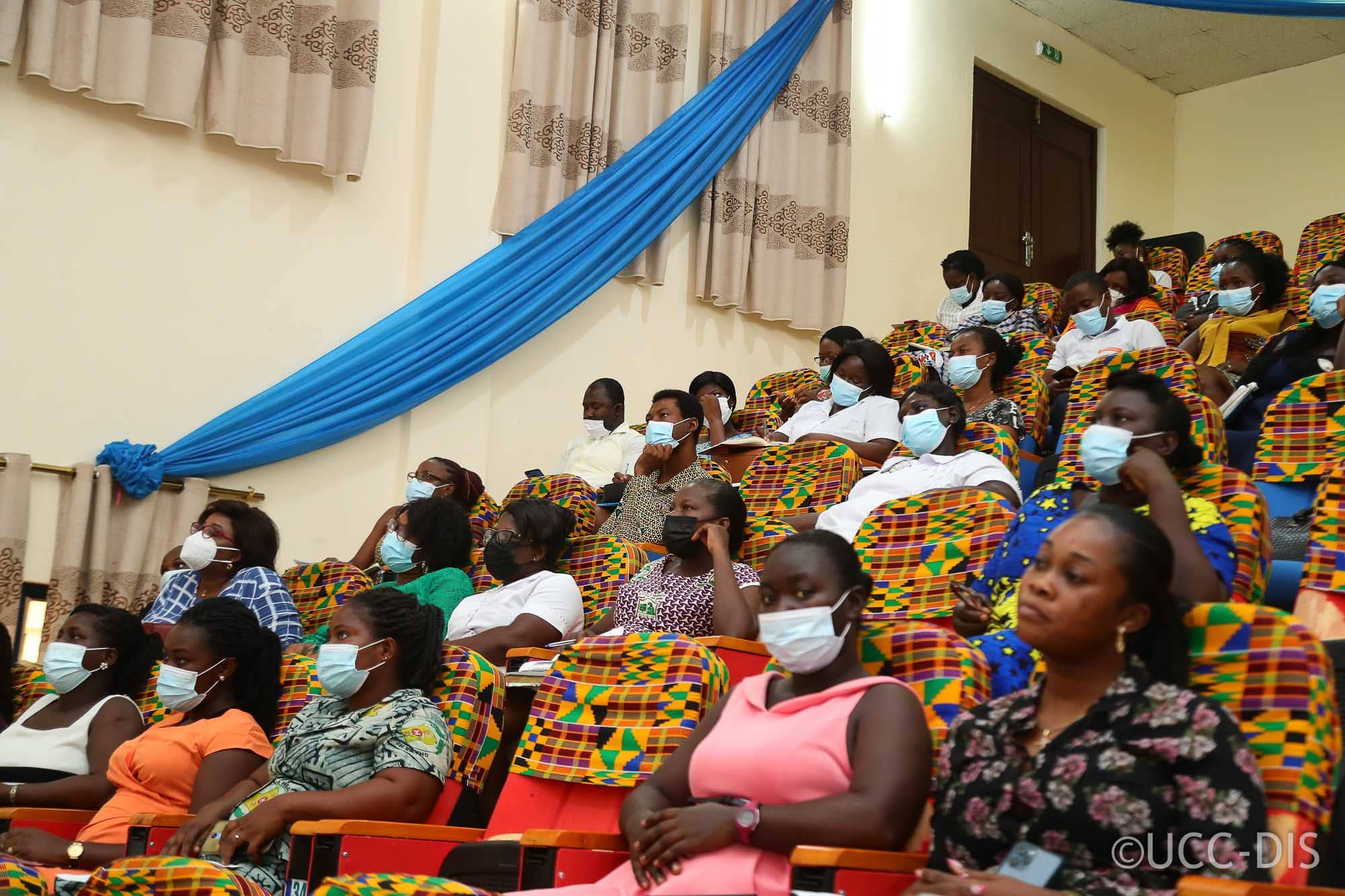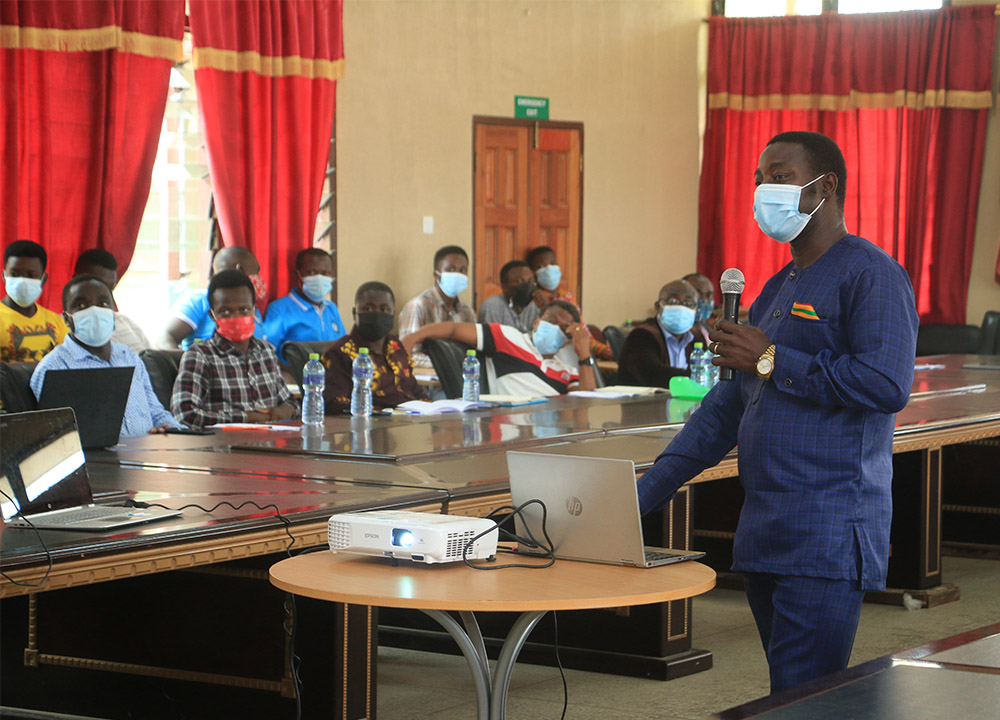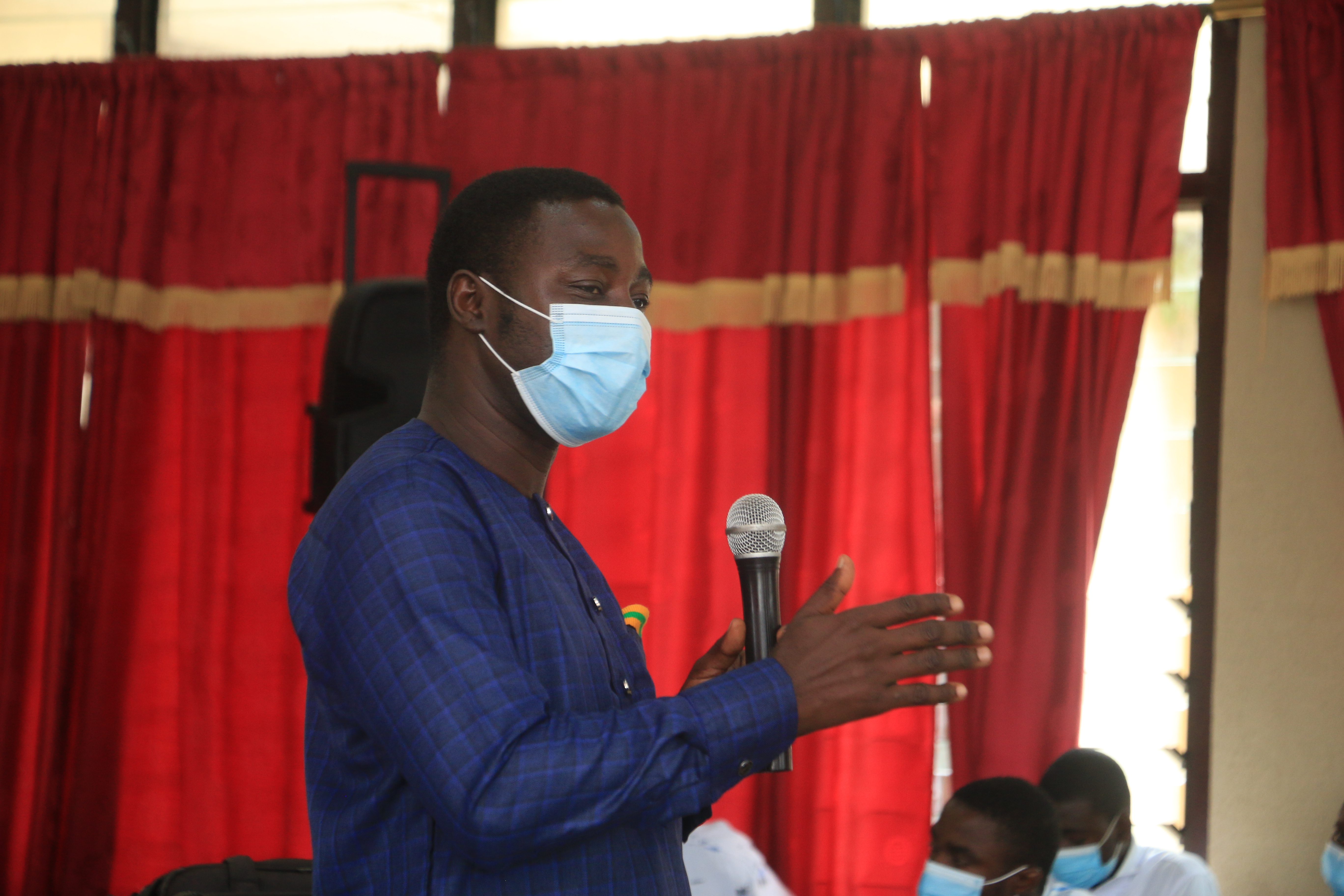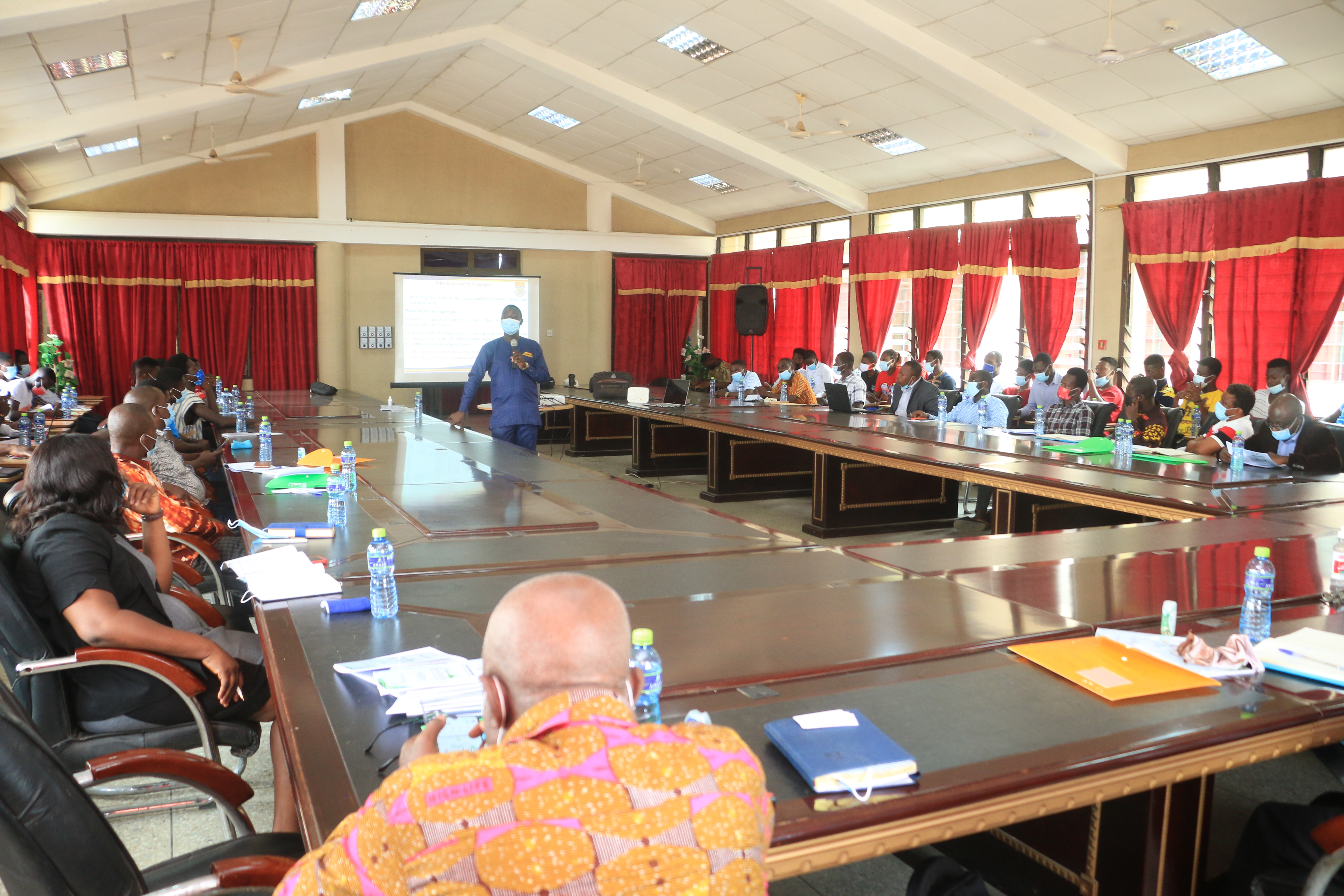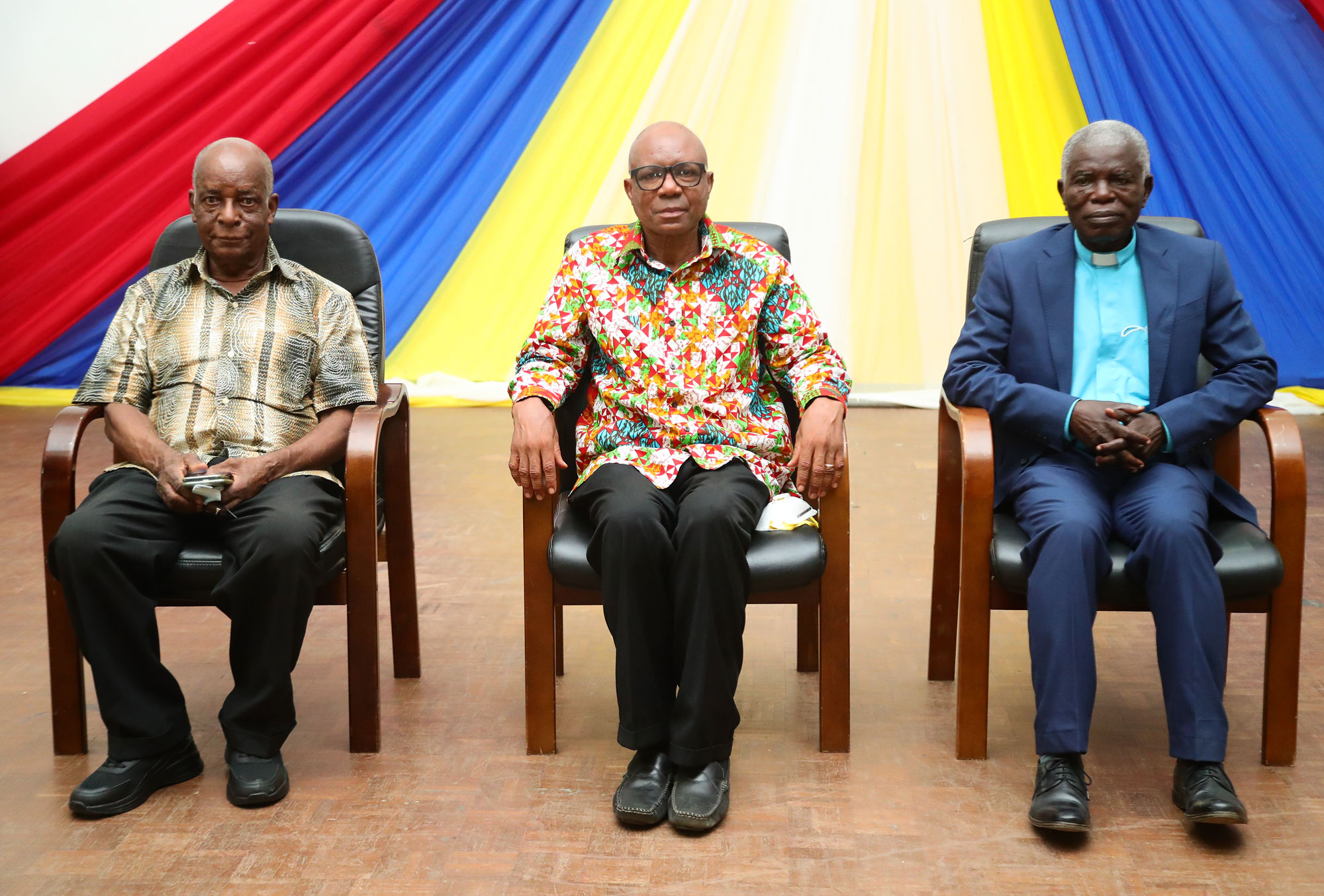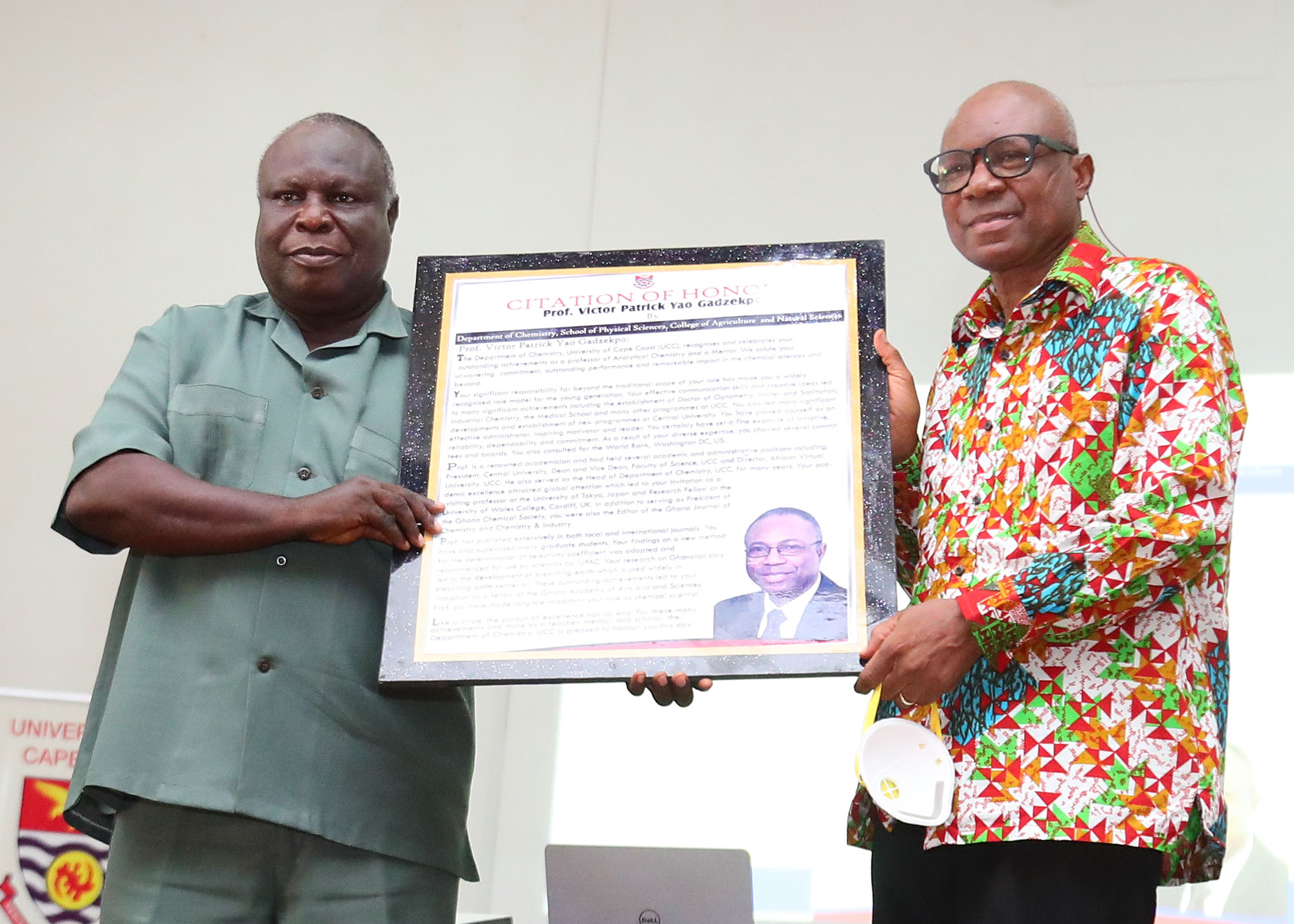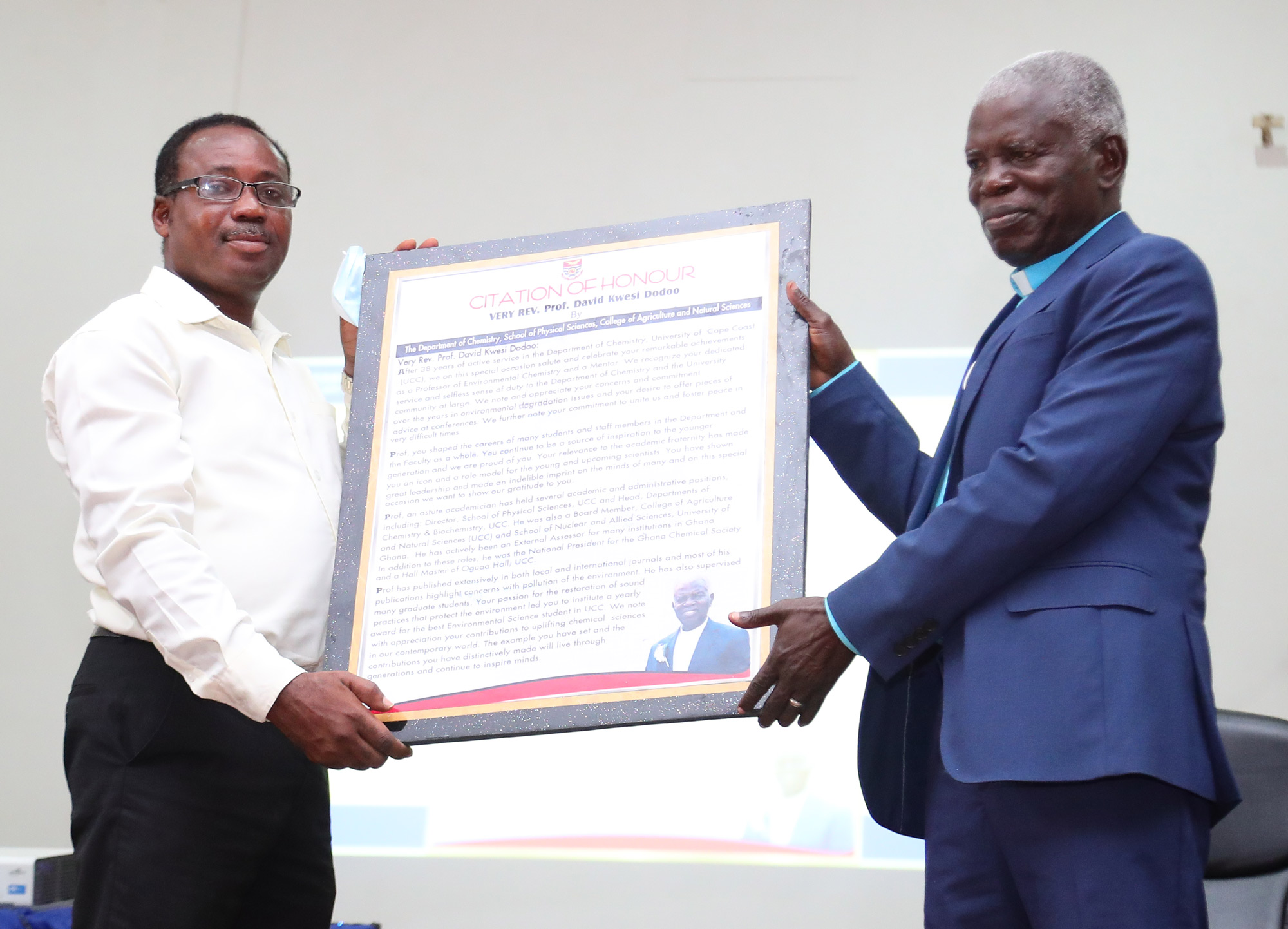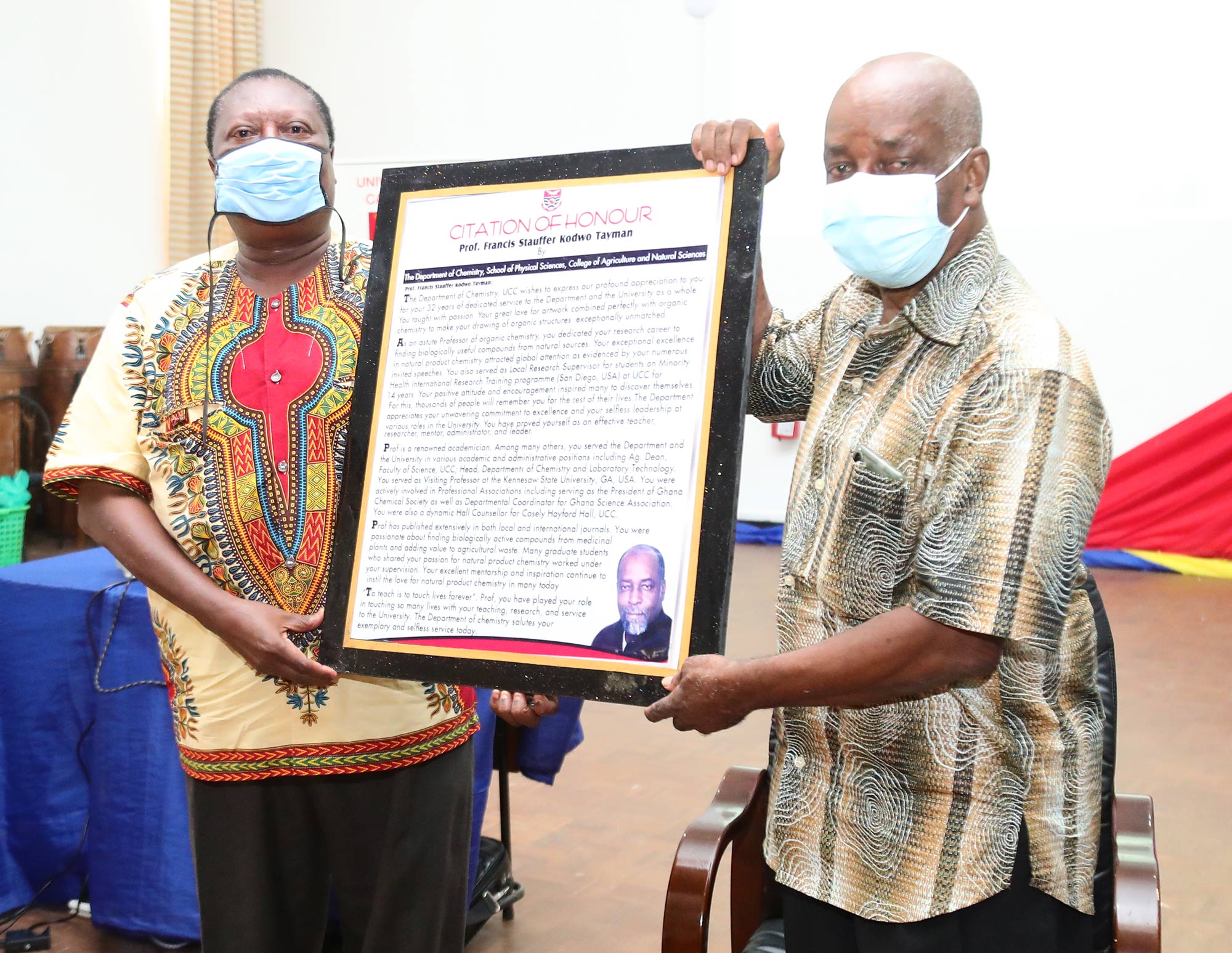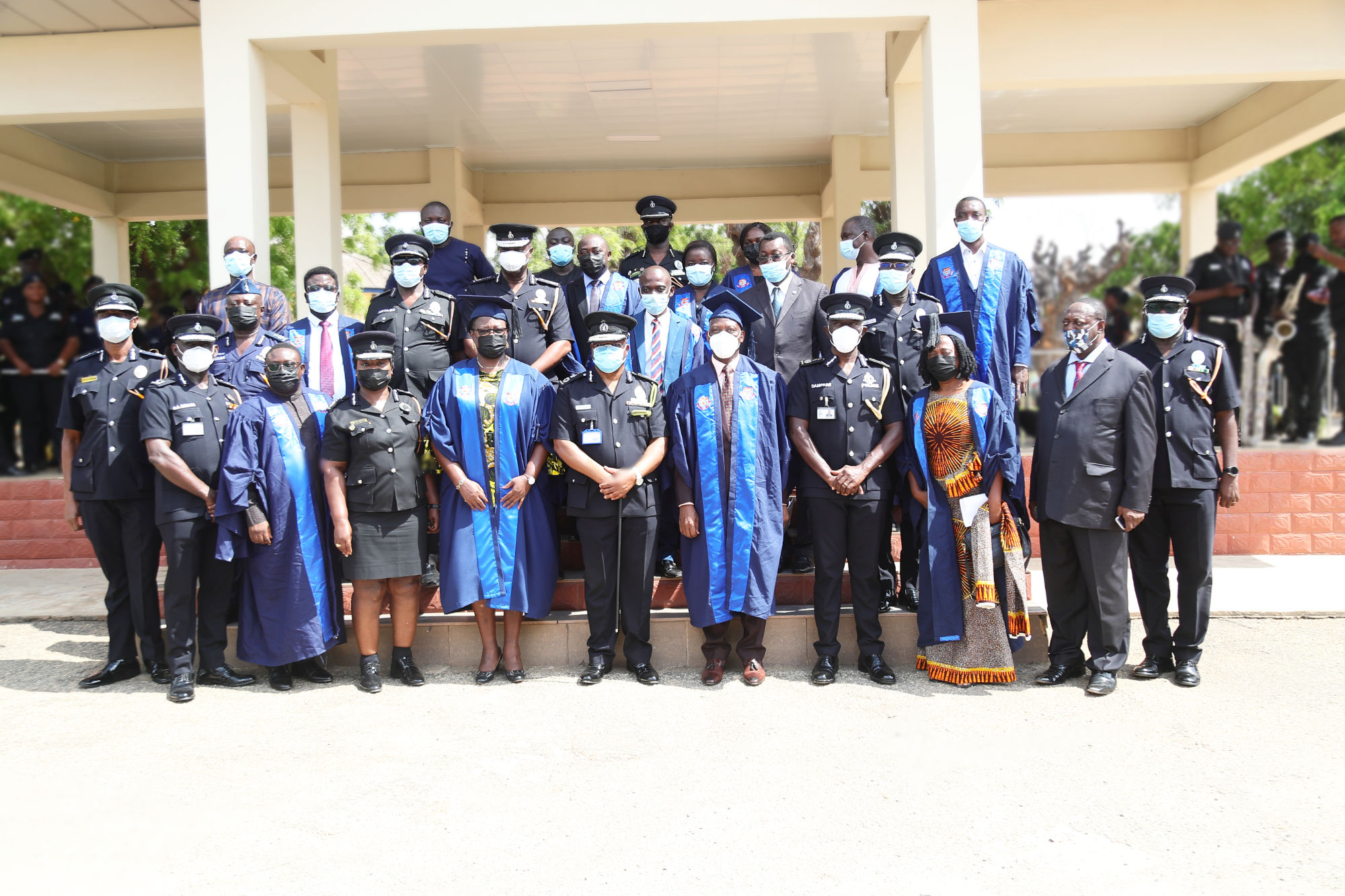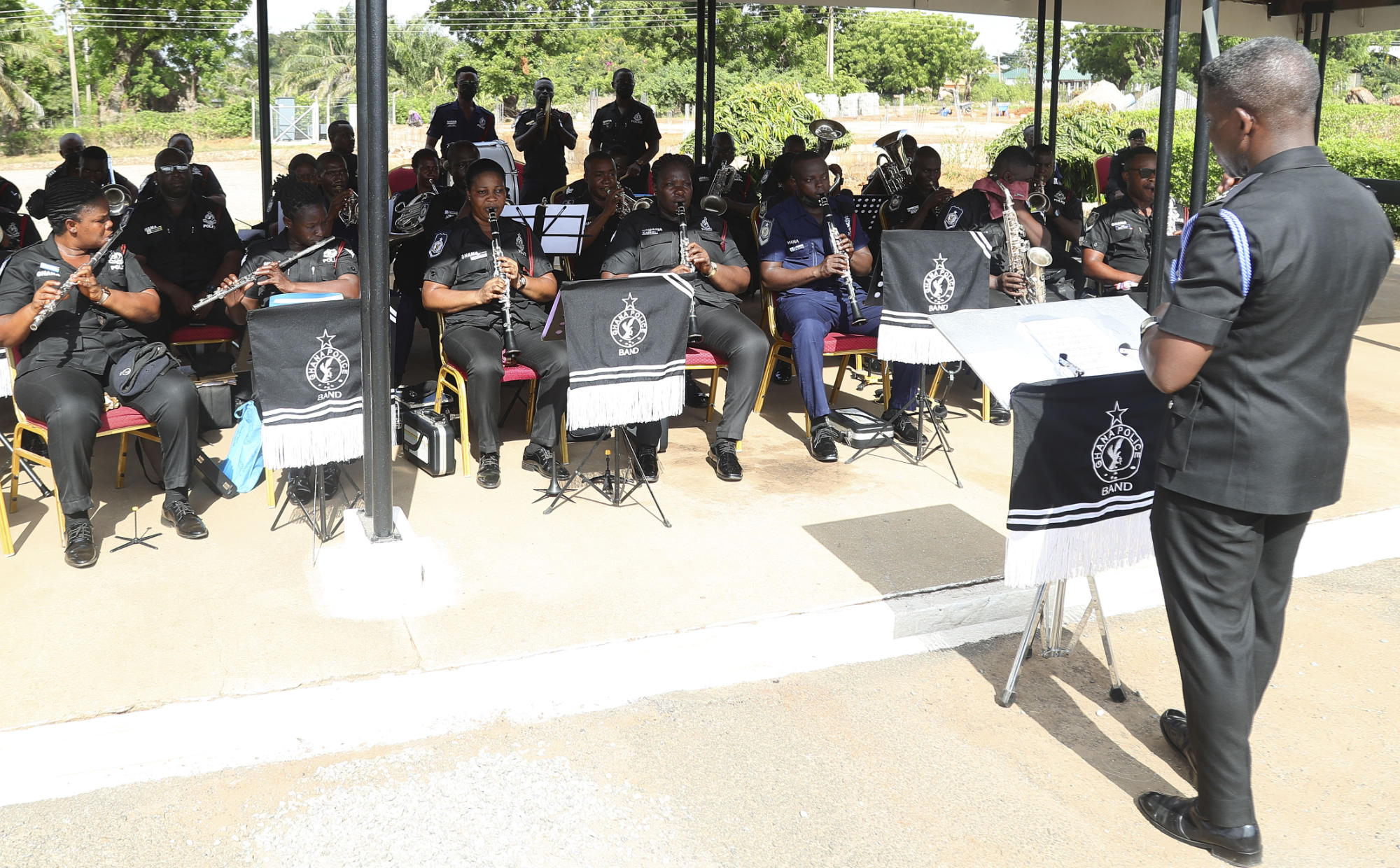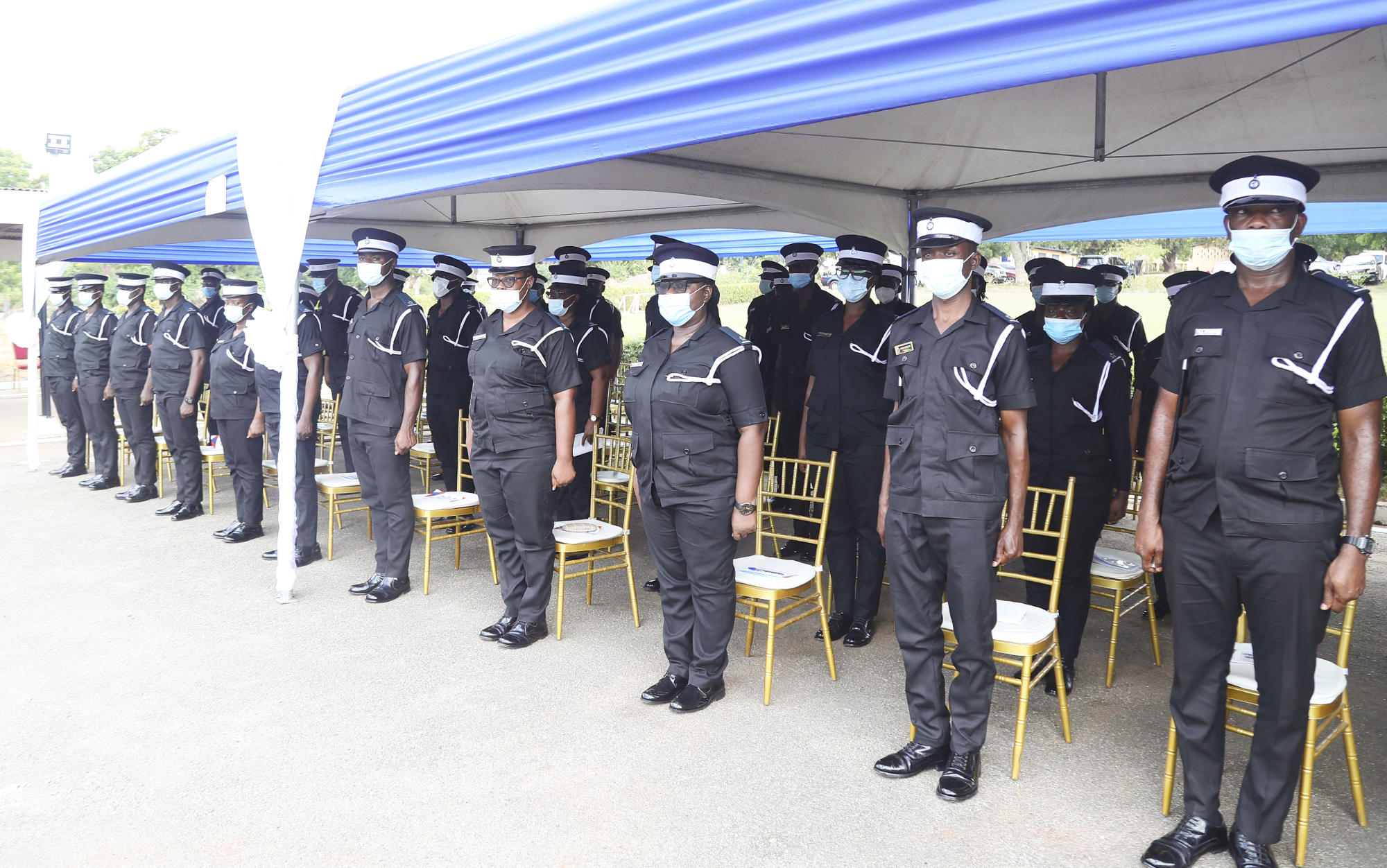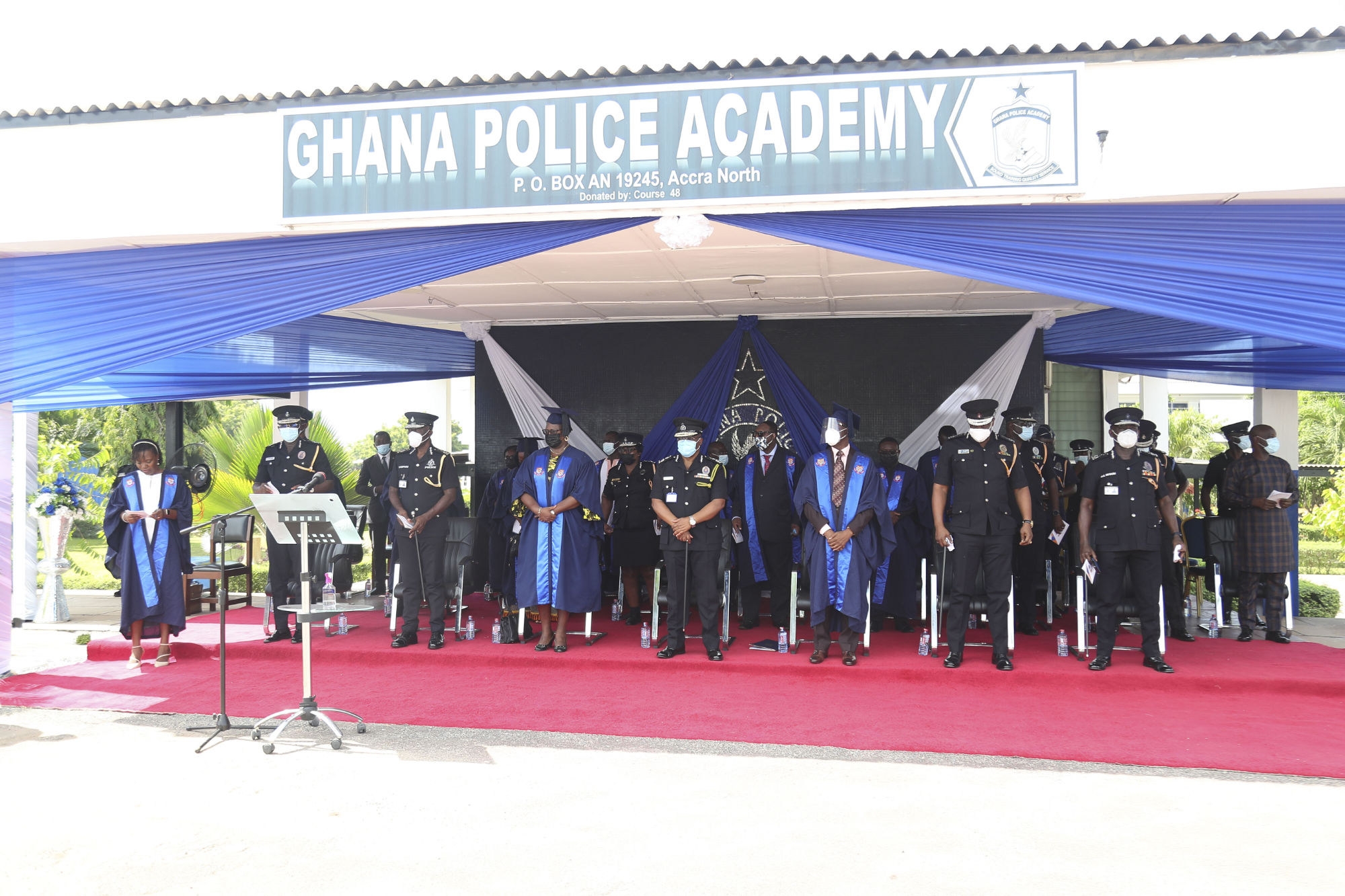ADMISSION INTO FIRST DEGREE (REGULAR) PROGRAMMES FOR THE 2021/2022 ACADEMIC YEAR
Applications are invited from suitably qualified persons for admission into undergraduate programmes of the University of Cape Coast for the 2021/2022 academic year.
E-vouchers for online application are up for sale at the following Centres:
1. SALES CENTRES
a) Cashier’s Office, University of Cape Coast (Mode of payment – CASH)
b) University of Cape Coast – Accra Office, Tesano – Accra (Mode of payment – CASH)
c) I-J Consult, Millennium City, Kasoa (Off Pentecost Convention Centre Road) (Mode of payment – CASH)
d) Ghana Post Company Limited (Regional and District Capitals) – (Mode of payment – CASH)
e) All Network Branches of GCB Bank Nationwide
f) All Network Branches of ADB Bank Nationwide
g) All Network Branches of GT Bank Nationwide
h) All Network Branches of ARB Apex Bank Nationwide
i) All Network Branches of Republic Bank Nationwide
j) All Network Branches of Consolidated Bank Nationwide Bank
k) All Network Branches of Zenith Bank Nationwide
l) All Network Branches of Prudential Bank Nationwide
COST OF E-VOUCHERS:
Ghanaian Applicants - GH¢220.00
International Applicants - free
DEADLINES
The deadlines for the sale of Application E-vouchers and the submission of completed application forms are Friday, 27th August, 2021 and Friday, 3rd September, 2021 respectively.
2. ONLINE APPLICATIONS
Applicants should visit https://apply.ucc.edu.gh/, read detailed information about the programmes and click on the appropriate option under APPLICATION PROCESS for further instructions.
Applicants are required to provide the following information at the back of the large EMS envelope: (a) application reference number (b) full name (c) postal address (d) first choice programme and (e) application category which should be one of the following: SSSCE/WASSCE or Post-Diploma or Post First Degree or OTHER (to be specified by applicant).
Applicants are advised to read application instructions as well as the contents of the online admissions brochure very carefully before completing the online application form. Applications on which APPLICATION REFERENCE NUMBERS are not indicated will not be processed.
3. BASIC ENTRY REQUIREMENTS
Entry requirements for admission into programmes of study for both local and international students include the following:
A. WASSCE/SSSCE: Applicants should have credit passes in six (6) subjects with overall aggregate of 36/24 at the WASSCE/SSSCE respectively.
Three of the six subjects should be core subjects: English Language, Mathematics, Integrated Science or Social Studies and three must be in relevant electives.
For purposes of admission, a credit pass in:
i. WASSCE means A1 – C6
ii. SSSCE means A – D
B. General Certificate of Education (GCE) Advanced Level: Applicants should, in addition to credit passes in five (5) GCE ‘O’ Level subjects (including English and Mathematics), have three (3) passes in the relevant subjects at the Advanced Level.
C. General Business Certificate Examination (GBCE): Applicants should have credit passes (A-D) in six (6) subjects comprising three (3) core subjects (including English Language and Mathematics) and three (3) relevant elective subjects.
D. International General Certificate of Secondary Education (IGCSE): Applicants should have credit passes in five (5) GCE ‘O’ Level subjects (including English and Mathematics) and three (3) passes in the relevant subjects at the Advanced Level.
E. International Baccalaureate (IB): Applicants should have a minimum of grade 4 at the Higher Level in three (3) subjects relevant to the programme of choice (minimum of grade 5 for Health and Allied Sciences). Applicants should, in addition, have a minimum of grade 4 in English/Literature and Mathematics (SL).
F. American High School Grade 12 Examinations. Applicants should have a Final Grade point of 3.0.
4. FEE-PAYING APPLICANTS
Fee-paying facilities are available for candidates/applicants who are unable to meet the competitive cut-off points determined by the Joint Admissions Committee.
Applicants who wish to be considered may complete and attach the fee-paying forms (available at the sales centres or downloaded from the university’s admissions portal) to their printed online application forms. Such candidates shall be required to meet the minimum admission requirements. Copies of last year’s cut-off points for the various programmes are available at the sales centres and the University’s website for applicants’ guidance.
5. PRACTICAL EXAMINATIONS FOR B.ED (PHYSICAL EDUCATION) CANDIDATES
SSSCE/WASSCE candidates applying for B.Ed. (Physical Education) should note that the date for the practical examinations will be communicated later.
6. SUBMISSION OF COPIES OF COMPLETED APPLICATION FORMS
(a) Two copies of completed online application forms accompanied by two copies of results slips should be sent by POST and NOT delivered by hand.
Copies of the completed online application forms should reach the Director, Directorate of Academic Affairs (DAA), University of Cape Coast not later than Friday, 3rd September, 2021.
Applicants are to ensure that application forms are posted early enough to be received before the deadline for submission as forms received after the deadline will not be processed.
(b) No additional documents will be accepted after submission of completed application forms. Applicants are to note that only photocopies of certificates or result slips should accompany completed application forms. Original certificates/result slips of applicants offered admission will be inspected before registration.
The documents accompanying the application forms are not returnable.
(c) Application forms received without Application Reference Numbers, a copy each of WASSCE/SSSCE results slips or transcripts, in the case of Post-Diploma and other applicants, will not be processe.
A change of programme after the submission of application forms will NOT be allowed.
7. PROGRAMMES AVAILABLE FOR 2021/2022 ACADEMIC YEAR
The following programmes are available for the 2021/2022 Academic Year. Applicants should ensure that the programmes selected as their 1st and 2nd choice options are the same as those indicated below.
| COLLEGE OF HUMANITIES AND LEGAL STUDIES |
| FACULTY OF ARTS |
| Programmes |
| B.A. (Arts) |
| B.A. (African Studies) |
| B.A. (Theatre Studies) |
| B. Music |
| B.A. (Film Studies) |
| B.A. (Dance) |
| B.A. (Communication Studies) |
| B. A. (Chinese) |
| FACULTY OF SOCIAL SCIENCES |
| Programme |
| B.Sc. (Tourism Management) |
| B.A. (Population & Health) |
| B.A. (Social Sciences) |
| B.Sc. (Hospitality Management) |
| B.A. (Anthropology) |
| B.Sc. (Geography and Regional Planning) |
| SCHOOL OF BUSINESS |
| Programme |
| Bachelor of Commerce (Human Resource Management) |
| Bachelor of Commerce (Accounting) |
| Bachelor of Commerce (Finance) |
| Bachelor of Commerce (Procurement & Supply Chain Management) |
| Bachelor of Commerce (Management) |
| Bachelor of Commerce (Marketing) |
| SCHOOL OF ECONOMICS |
| Programme |
| Bachelor of Science (Economics) |
| Bachelor of Science (Economics with Finance) |
| COLLEGE OF EDUCATION STUDIES |
| FACULTY OF HUMANITIES & SOCIAL SCIENCES EDUCATION |
| Programme |
| B.Ed. (Arts) |
| B.Ed. (Social Sciences) |
| B.Ed. (Social Studies) |
| B.Ed. (Accounting) |
| B.Ed. (Management) |
| FACULTY OF SCIENCE & TECHNOLOGY EDUCATION |
| Programme |
| B.Ed. (Health, Physical Education and Recreation) |
| B.Ed. (Science) |
| B.Ed. (Mathematics) |
| B.Ed. (Computer Science) |
| B.Ed. (Health Sciences Education) |
| B.Ed. (Home Economics) (Food & Nutrition OR Clothing & Textiles) |
| B.Ed. (Communication Design) |
| B.Ed. Fine Art (Painting and Sculpture) |
| FACULTY OF EDUCATIONAL FOUNDATIONS |
| Programme |
| B.Ed. (Early Childhood Education) |
| B.Ed. (Primary Education) |
| B.Ed. (Junior High School Education) |
| B.Sc. (Psychology) |
| COLLEGE OF HEALTH AND ALLIED SCIENCES |
| SCHOOL OF MEDICAL SCIENCES |
| Programme |
| Bachelor of Medicine and Bachelor of Surgery (MBChB) |
| SCHOOL OF PHARMACY AND PHARMACEUTICAL SCIENCES |
| Programme |
| Doctor of Pharmacy – (Pharm D) |
| SCHOOL OF NURSING AND MIDWIFERY |
| Programme |
| B.Sc. (Nursing) |
| B.Sc. (Mental Health Nursing) |
| B.Sc. (Community Mental Health Nursing) |
| SCHOOL OF ALLIED HEALTH SCIENCES |
| Programme |
| B.Sc. (Biomedical Sciences) |
| Doctor of Optometry |
| B.Sc. (Medical Laboratory Technology) |
| B.Sc. (Clinical Nutrition and Dietetics) |
| B.Sc. (Physician Assistant Studies) |
| B.Sc. (Diagnostic Imaging Technology) |
| B.Sc. (Diagnostic Medical Sonography) |
| B.Sc. (Health Information Management) |
| B.Sc. (Sports and Exercise Science) |
| COLLEGE OF AGRICULTURE AND NATURAL SCIENCES |
| SCHOOL OF AGRICULTURE |
| Programme |
| B.Sc. (Agriculture) |
| B.Sc. (Agricultural Extension & Community Development) |
| B.Sc. (Agro-Processing) |
| B.Sc. (Agri-Business) |
| B.Sc. (Animal Production) - Post-Diploma |
| B.Sc. (Agricultural Extension) - Post-Diploma |
| SCHOOL OF BIOLOGICAL SCIENCES |
| Programme |
| B.Sc. (Molecular Biology and Biotechnology) |
| B.Sc. (Fisheries and Aquatic Sciences) |
| B.Sc. (Conservation Biology and Entomology) |
| B.Sc. (Biochemistry) |
| B.Sc. (Environmental Science) |
| B.Sc. (Forensic Science) |
| SCHOOL OF PHYSICAL SCIENCES |
| B.Sc. (Laboratory Technology) |
| B.Sc. (Chemistry) |
| B.Sc. (Computer Science) |
| B.Sc. (Water and Sanitation) |
| B.Sc. (Industrial Chemistry) |
| B.Sc. (Mathematics) |
| B.Sc. (Statistics) |
| B.Sc. (Mathematics and Statistics) |
| B.Sc. (Mathematics with Economics) |
| B.Sc. (Mathematics with Business) |
| B.Sc. (Actuarial Science) |
| B.Sc. (Physics) |
| B.Sc. (Engineering Physics) |
| B.Sc. (Information Technology) |
| B.Sc. (Meteorology & Atmospheric Physics) |
REGISTRAR

